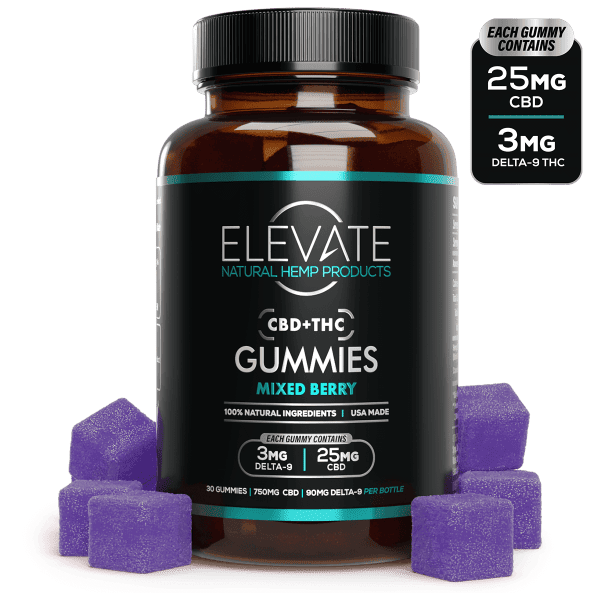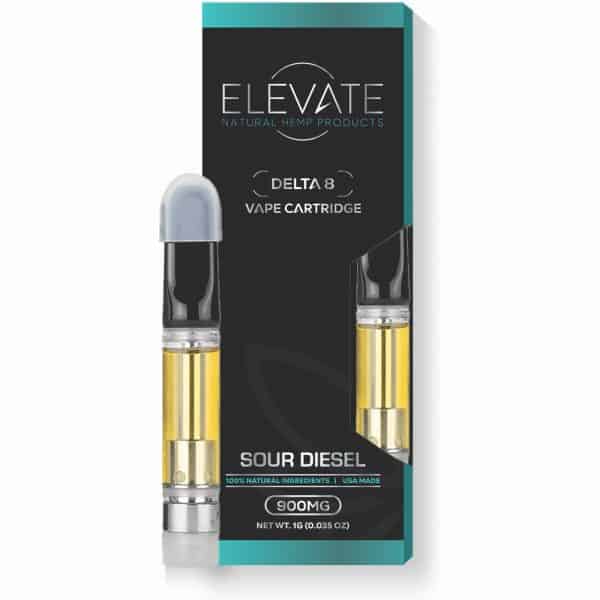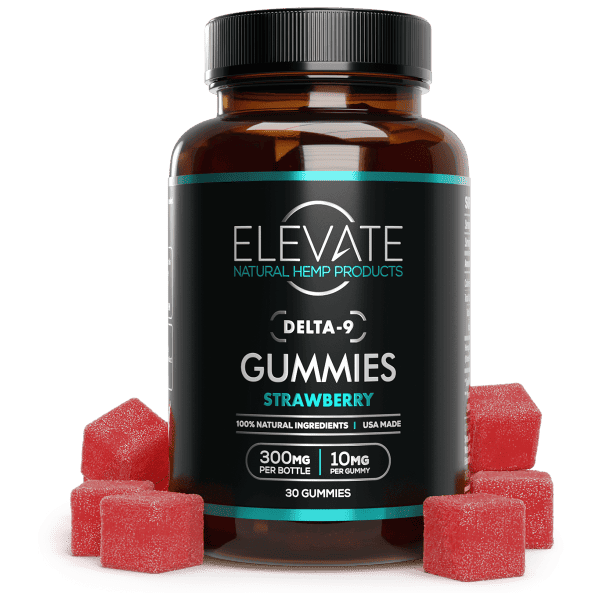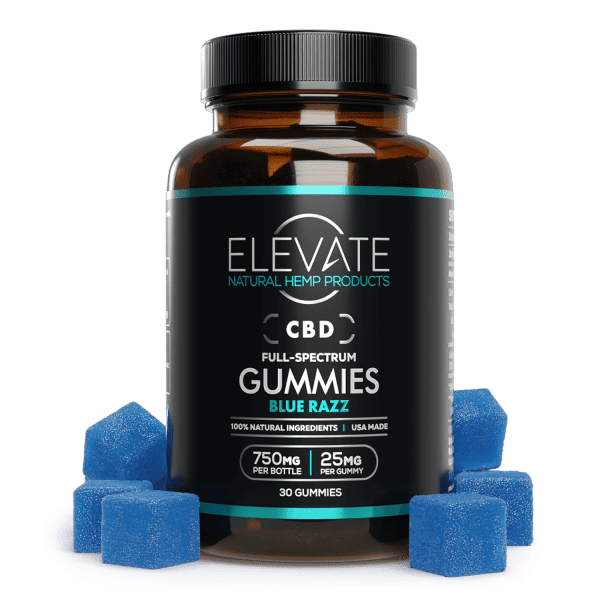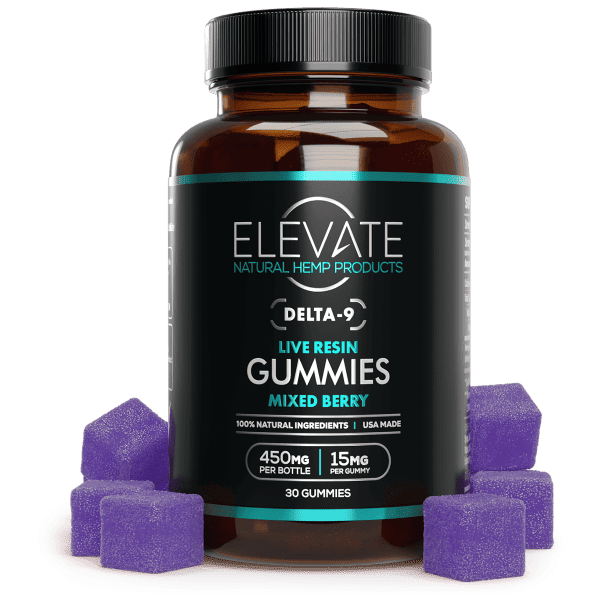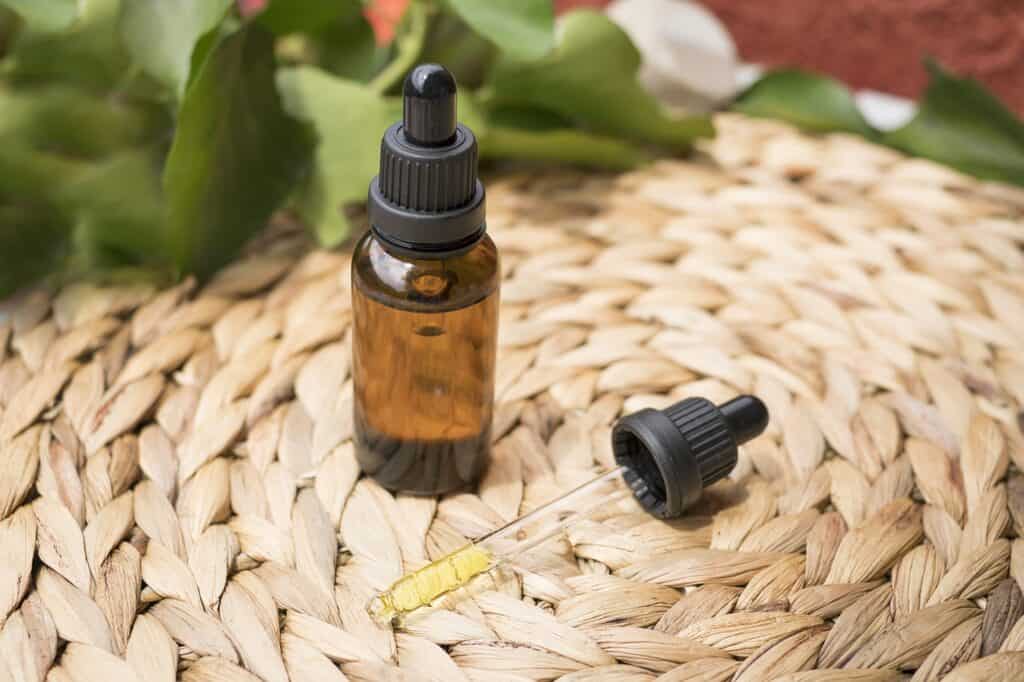
Is Delta 8 Addictive?
Delta 8 THC, a compound found in the cannabis plant, has been gaining popularity due to its unique properties. As its usage increases, a crucial question emerges: “Is Delta 8 THC Addictive?” This question is particularly relevant for users and enthusiasts exploring the world of cannabis. In this blog, we’ll delve into what Delta 8 THC is and address the concerns regarding its addictive potential.
What is Delta 8 THC?
Delta 8 THC, short for delta-8-tetrahydrocannabinol, is one of the many cannabinoids found in the cannabis plant. It’s similar to Delta 9 THC, the primary psychoactive component in marijuana, but with some key differences. The most significant difference lies in its chemical structure, which results in a lower psychoactive potency compared to Delta 9 THC. This means that while Delta 8 THC does have psychoactive effects, they are typically less intense.
Delta 8 THC is often praised for its ability to provide a clear-headed experience. This feature makes it an appealing option for those who want the benefits of THC without the intense high.
Is Delta 8 Addictive?
When discussing the addictive potential of any substance, it’s important to understand that addiction is a complex and multifaceted issue. It can be influenced by numerous factors including genetics, personal history, the nature of the substance, and the context of its use.
Delta 8 THC, like other cannabinoids, interacts with the body’s endocannabinoid system. This system plays a role in regulating mood, appetite, pain sensation, and memory. The psychoactive effects of Delta 8 THC are less intense, which some suggest might lead to a lower potential for addiction compared to Delta 9 THC.
Research comparing the addictive potential of Delta 8 THC to other cannabinoids is limited. However, studies on cannabis suggest that while it can be addictive, its addictive potential is lower compared to substances like nicotine, alcohol, or opioids.
Anecdotal evidence from users suggests that Delta 8 THC can be habit-forming, but not necessarily addictive in the way that some other substances are. Some users report developing a tolerance to Delta 8 THC, requiring larger doses to achieve the same effects, which is a common characteristic of many psychoactive substances.
The legal status of Delta 8 THC varies by location, and this can impact its availability and the nature of its use. In regions where it is legal, products are more likely to be regulated, which can help in ensuring quality and potency, reducing the risk of problematic use.
What are the Causes of Addiction?
Addiction is not just about the substance; it’s about the interaction between the substance, the individual, and the environment. Here are some key factors that contribute to addiction:
- Genetic Predisposition: Genetics can play a significant role in addiction. Individuals with a family history of addiction are at a higher risk.
- Brain Chemistry: Substances like THC can alter brain chemistry, leading to changes in mood, perception, and behavior. Over time, these changes can contribute to the development of an addiction.
- Psychological Factors: Mental health disorders, stress, and trauma can significantly increase the risk of addiction. People often use substances as a way to cope with these issues.
- Environmental Influences: Peer pressure, family environment, and cultural norms can all influence an individual’s likelihood of developing an addiction.
- Developmental Factors: Early exposure to substances can increase the risk of addiction later in life due to the impact on the developing brain.
The Signs of Delta 8 THC Addiction
Identifying addiction can be challenging, especially with a substance like Delta 8 THC, which is often perceived as less potent or harmful. However, addiction is not solely about the substance’s strength; it’s about how it’s used and its impact on an individual’s life. Here are some signs that might indicate an addiction to Delta 8 THC:
- Increased Tolerance: Needing more Delta 8 THC to achieve the same effects can be a sign of developing tolerance, a stepping stone to addiction.
- Withdrawal Symptoms: Experiencing withdrawal symptoms like irritability, mood swings, sleep disturbances, or cravings when not using Delta 8 THC.
- Compulsive Use: Using Delta 8 THC in larger amounts or over a longer period than intended.
- Inability to Cut Down: Persistent desire or unsuccessful efforts to cut down or control Delta 8 THC use.
- Neglecting Responsibilities: Failing to fulfill major role obligations at work, school, or home due to Delta 8 THC use.
- Social and Interpersonal Problems: Continued use despite having persistent or recurrent social or interpersonal problems caused or exacerbated by the effects of Delta 8 THC.
- Activities Given Up: Important social, occupational, or recreational activities are given up or reduced because of Delta 8 THC use.
- Hazardous Use: Using Delta 8 THC in situations where it is physically hazardous.
- Continued Use Despite Knowledge of Problems: Continuing to use Delta 8 THC despite knowledge of having a persistent or recurrent physical or psychological problem likely caused or exacerbated by Delta 8 THC.
Can You Form a Tolerance to Delta-8?
The short answer is yes. Tolerance refers to a reduction in response to a drug after repeated use, leading users to consume higher doses to achieve the same effect. This phenomenon is not exclusive to Delta 9 THC; it applies to Delta 8 THC as well.
How Tolerance Develops
Regular consumption of Delta 8 THC can lead to tolerance. This happens because the body’s cannabinoid receptors become less responsive over time when they are consistently activated by Delta 8 THC.
The rate at which tolerance develops can vary widely among individuals. Factors like metabolism, body chemistry, frequency of use, and dosage all play a role.
Why and When Should You Take a Delta 8 Tolerance Break?
A tolerance break, or ‘T-break’, is a deliberate pause in the consumption of THC to allow your body to reset its tolerance levels. Here’s why and when such a break might be beneficial:
Why Take a Tolerance Break?
- Effectiveness: If you find that you need to consume more Delta 8 THC to achieve the desired effects, a tolerance break can help reset your body’s response to the compound.
- Health and Wellness: Regularly increasing doses to achieve the same effect can be taxing on your body and mind. A tolerance break can be a part of a healthy consumption routine.
- Financial Efficiency: Using more products to achieve the same effects can become costly. A tolerance break can make your usage more cost-effective in the long run.
When to Take a Tolerance Break
- Decreased Effects: If you notice that the effects of Delta 8 THC are markedly diminished, it might be time for a break.
- Increased Consumption: If you’re using Delta 8 THC more frequently or in higher doses, consider a tolerance break.
- Dependence Concerns: If you feel like you’re becoming too reliant on Delta 8 THC for daily functioning, a break can help you reassess your relationship with the substance.
Tips for a Successful Tolerance Break
To maximize the effectiveness of a tolerance break and make it as smooth as possible, there are several strategies to consider. Let’s delve into these tips in more detail.
1. Set Clear Goals
The foundation of a successful tolerance break is setting clear, achievable goals. This includes deciding the length of the break, which can vary depending on your individual needs and level of tolerance.
Short Breaks (A few days to a week): Ideal for light or occasional users who feel they are starting to need more Delta 8 THC to achieve the same effects.
Longer Breaks (Two weeks to a month or more): More suitable for regular users who have noticed a significant increase in their tolerance levels.
Remember, the goal of a T-break is to reset your body’s response to Delta 8 THC, so choose a duration that feels challenging yet achievable.
2. Prepare Mentally
Mental preparation is key to navigating the challenges of a tolerance break. Be aware that withdrawal symptoms such as mood swings, irritability, or changes in sleep patterns can occur, especially if you’ve been using Delta 8 THC regularly.
Understanding Withdrawal: Educate yourself about potential withdrawal symptoms so you can recognize and address them as they arise.
Mindfulness and Stress Management: Practices like meditation, deep breathing exercises, or yoga can be effective in managing mood swings and stress during this period.
Support System: Consider informing friends or family about your T-break so they can provide support and understanding.
3. Find Alternatives
Filling the void left by Delta 8 THC with positive activities is crucial. This can help you manage potential cravings and maintain a balanced lifestyle.
Physical Activities: Exercise, whether it’s going to the gym, running, or practicing yoga, can boost endorphins and improve mood.
Hobbies: Rekindle interest in old hobbies or explore new ones. Activities like painting, reading, or playing a musical instrument can be both engaging and therapeutic.
Socializing: Spend more time with friends and family. Social interactions can provide a sense of connection and support, helping you to navigate the T-break more easily.
4. Gradual Reduction
For some, stopping Delta 8 THC use abruptly can be daunting. A gradual reduction approach can make the transition smoother.
Reduce Dosage: Start by lowering the amount of Delta 8 THC you consume each time.
Limit Frequency: Begin to increase the time intervals between your usage.
Substitute with CBD: Some users find that replacing Delta 8 THC with CBD, which is non-psychoactive, helps ease the process.
5. Stay Hydrated and Eat Healthily
Maintaining physical health is vital during a tolerance break. A well-nourished and hydrated body can better adapt to changes.
Hydration: Drink plenty of water throughout the day. Hydration is key to helping the body flush out toxins and maintain optimal function.
Nutrition: Focus on a balanced diet rich in fruits, vegetables, whole grains, and lean proteins. Proper nutrition supports overall health and can help regulate mood and energy levels.
Avoid Triggers: Try to reduce the intake of substances like caffeine or sugar, which might aggravate mood swings or anxiety.
Why choose Elevate For your Delta 8 Needs?
If you’re looking for Delta 8 THC products, you might want to consider Elevate as your go-to choice. Here’s why: we’re all about giving you the best quality out there. Our products? They go through some serious testing and quality checks to make sure you’re getting the good stuff.
But it’s not just about selling products. We’re big on educating our customers too. The world of Delta 8 THC can be a bit tricky to navigate, so we’ve got loads of resources to help you figure it all out. Think of us as that knowledgeable friend who’s always got the lowdown on everything cannabis.
Seeking Help For Addiction
When it comes to seeking help for addiction, it’s important to know that reaching out is a strong and positive step. Whether it’s related to Delta 8 THC or any other substance, recognizing when you need support is crucial.
Addiction can be complex, and it often requires more than just willpower to overcome. It’s about understanding the underlying causes and finding effective ways to address them. This is where professional help can be invaluable. Addiction specialists have the knowledge and resources to provide tailored support and guidance, helping individuals navigate their way towards recovery.
Remember, addiction isn’t something to face alone. There are numerous resources available, from local support groups and counseling services to online forums and helplines. These resources offer a safe space to discuss challenges and find support from others who have had similar experiences.
Related Posts
Live Resin Carts vs Normal Carts
Are you curious about the buzz surrounding live resin carts and how they compare to traditional vape cartridges? Live resin carts have surged in popularity …
Does THCa Get You High?
Curious about THCa and its effects? You’re not alone. As cannabis research expands, more light is shed on the lesser-known compounds in the plant. THCa, …






